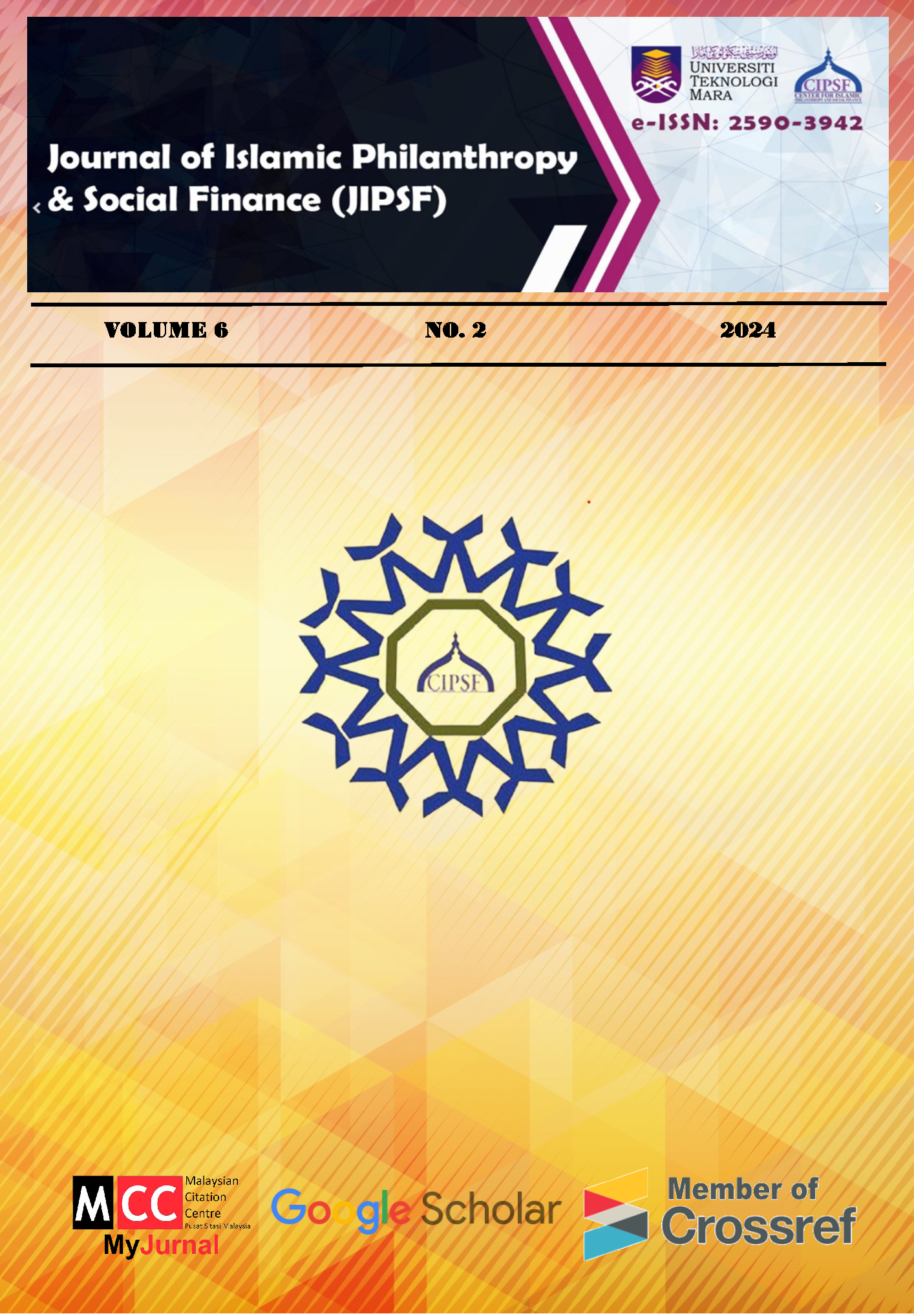THE ROLE OF ZAKAT INSTITUTIONS IN ACCELERATING STUNTING REDUCTION IN INDONESIA, A LESSON LEARN FROM THE DOMPET DHUAFA NUTRITION POST PROGRAM
Keywords:
Malnutrition, Philanthropy, Positive defiance Stunting, Zakat EmpowermentAbstract
Indonesia faces a double burden in nutrition problems, especially nutrition in children. Data from the 2022 Indonesian Nutritional Status Survey (SSGI) provides an overview of the nutritional status of toddlers with the stunting rate decreasing from 24.4% to 21.6% (www.kemkes.go.id). The reduction in stunting rate remains below WHO criteria of 20%. President Joko Widodo targets the percentage of stunting prevalence in Indonesia to reach 14% by 2024. The problem of stunting is a multidimensional problem, so it requires the participation of many parties including zakat or philanthropic institutions that can fill the gap in efforts to alleviate specific and sensitive nutrition. Dompet Dhuafa has implemented zakat empowerment with the Nutrition Post program with a positive deviance adaptive approach that adopts a community empowerment effort approach for positive behavior change with the active involvement of local governments, health offices, community health centers, health mobilizers, healthy cadres, and the community itself. This program aims to restore the nutritional status of children under two years old with wasting and underweight problems that affect the incidence of stunting. In 2022, the Nutrition Post program was implemented at 11 points in 8 provinces of the Dompet Dhuafa Free Health Service (LKC) working area in Indonesia with 4 mentoring models for feeding behaviour, childcare, environmental and personal hygiene, and seeking health services. The research method was carried out quantitatively and the data was presented descriptively. a total of 250 toddlers experiencing malnutrition and underweight, it was discovered that after intervention through Nutrition Post , toddlers experienced a weight gain of 208 (83%), but not a (fixed) weight gain of 30 (12%), and 12 (5%) toddlers experienced weight loss. The Nutrition Post program with a positive deviance adaptive approach is one of the efforts to participate in zakat institutions or philanthropic institutions to make sustainable efforts in accelerating stunting reduction in Indonesia.









